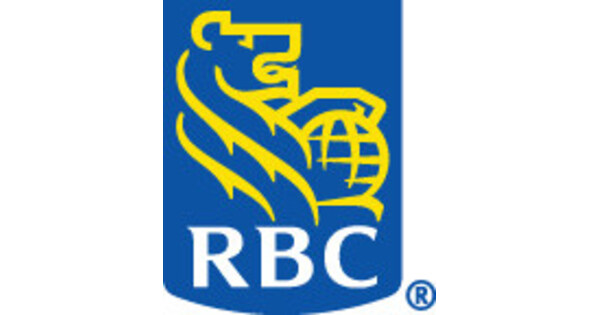On the lookout for a Large Cap Value fund? Starting with TIAA-CREF Large Cap Value Premier (TRCPX) is one possibility. TRCPX possesses a Zacks Mutual Fund Rank of 1 (Strong Buy), which is based on various forecasting factors like size, cost, and past performance.
Large Cap Value mutual funds invest in stocks with a market capitalization of $10 billion or more, but whose share prices do not reflect their intrinsic value; this value investing strategy often leads to low P/E ratios and high dividend yields, though growth levels are often curtailed. The high-growth opportunity of these funds are slowed even further, as large-cap securities are generally in stable industries with low to moderate growth prospects. Therefore, Large Cap Value funds are usually more appealing to investors who are interested in a stable income stream.
Nuveen is based in Chicago, IL, and is the manager of TRCPX. The TIAA-CREF Large Cap Value Premier made its debut in September of 2009 and TRCPX has managed to accumulate roughly $54.80 million in assets, as of the most recently available information. The fund is currently managed by Charles Carr who has been in charge of the fund since November of 2018.
Investors naturally seek funds with strong performance. This fund has delivered a 5-year annualized total return of 11.93%, and it sits in the middle third among its category peers. But if you are looking for a shorter time frame, it is also worth looking at its 3-year annualized total return of 11.35%, which places it in the middle third during this time-frame.
It is important to note that the product’s returns may not reflect all its expenses. Any fees not reflected would lower the returns. Total returns do not reflect the fund’s [%] sale charge. If sales charges were included, total returns would have been lower.
When looking at a fund’s performance, it is also important to note the standard deviation of the returns. The lower the standard deviation, the less volatility the fund experiences. Over the past three years, TRCPX’s standard deviation comes in at 16.39%, compared to the category average of 14.56%. Over the past 5 years, the standard deviation of the fund is 18.84% compared to the category average of 15.76%. This makes the fund more volatile than its peers over the past half-decade.
With a 5-year beta of 0.96, the fund is likely to be less volatile than the market average. Another factor to consider is alpha, as it reflects a portfolio’s performance on a risk-adjusted basis relative to a benchmark-in this case, the S&P 500. TRCPX has generated a negative alpha over the past five years of -2.66, demonstrating that managers in this portfolio find it difficult to pick securities that generate better-than-benchmark returns.











Leave a Reply